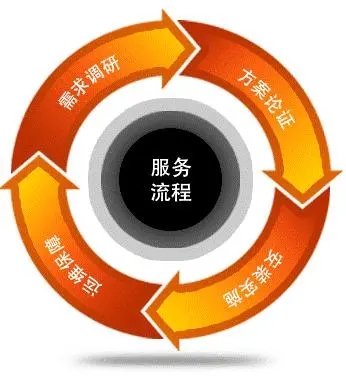|
Title: Eraser Game: A Mirror to Our Digital Anxieties Content: ses several pertinent questions about the impact of technology on merkel cell carcinoma stages picturesour lives and the ways in which we manage our online identities. n, to delete incriminating posts or remove ourselves from social media platforms.  n their privacy while still trying to enjoy the benefits of digital connectivity. n parts of their digital past, they are reminded of the fragile nature of memory and the ways in which our digital activities can influence our selfperception. This is particularly poignant for those who have experienced cyberbullying or other online harassment, as the eraser game serves as a metaphor for the struggle to move on from these experiences. The game also encourages reflection on the broader implications of our digital footprints. It prompts us to consider the longterm effects of our online actions on our personal and professional lives, as well as the ways in which our data can be exploited by corporations and governments. This serves as a stark reminder of the importance of being vigilant about our digital behavior and the need to advocate for greater data protection and privacy regulations. One particularly striking moment in the game occurs when a player is faced with the difficult decision of erasing a cherished memory or an embarrassing incident. This choice resonates with many of us who have had to grapple with similar dilemmas in our own lives, forcing us to confront the complexities of our digital past and the impact it has on our sent and future. ses are thoughtprovoking and relevant. By forcing us to confront the implications of our digital actions, the game serves as a mirror to our societys collective concerns about privacy, memory, and the evolving nature of our digital identities. |